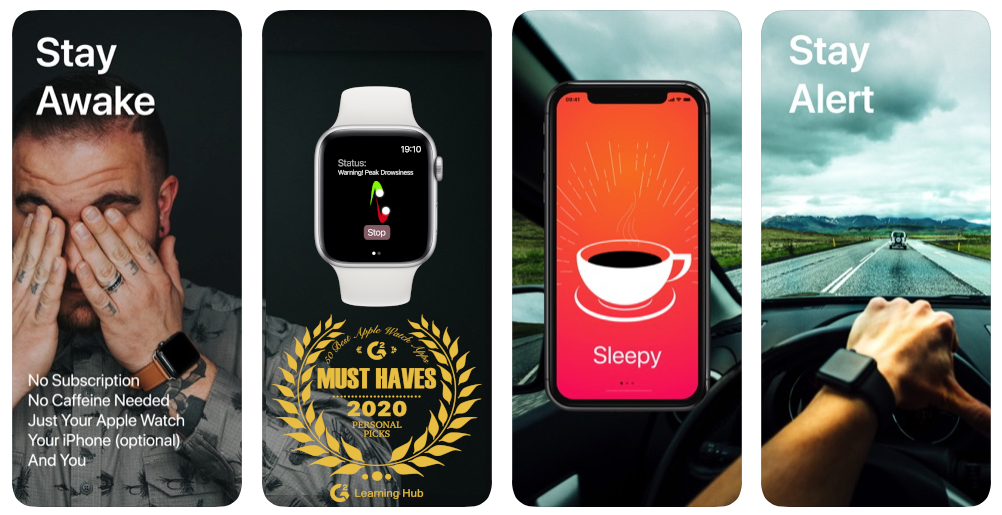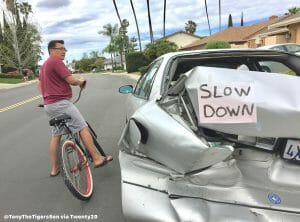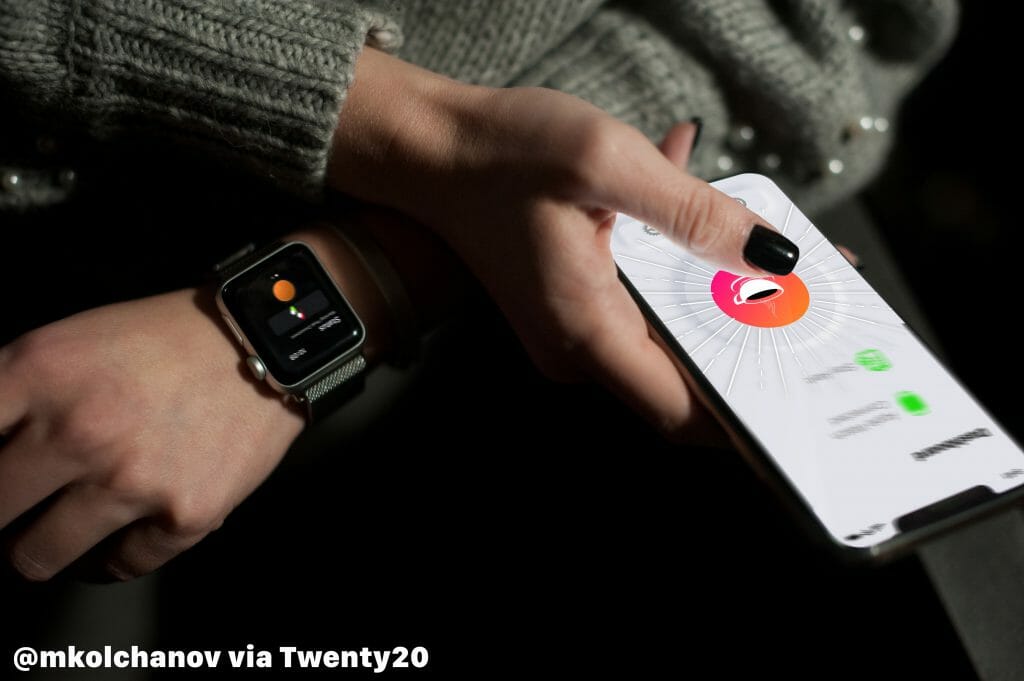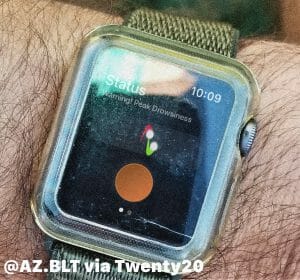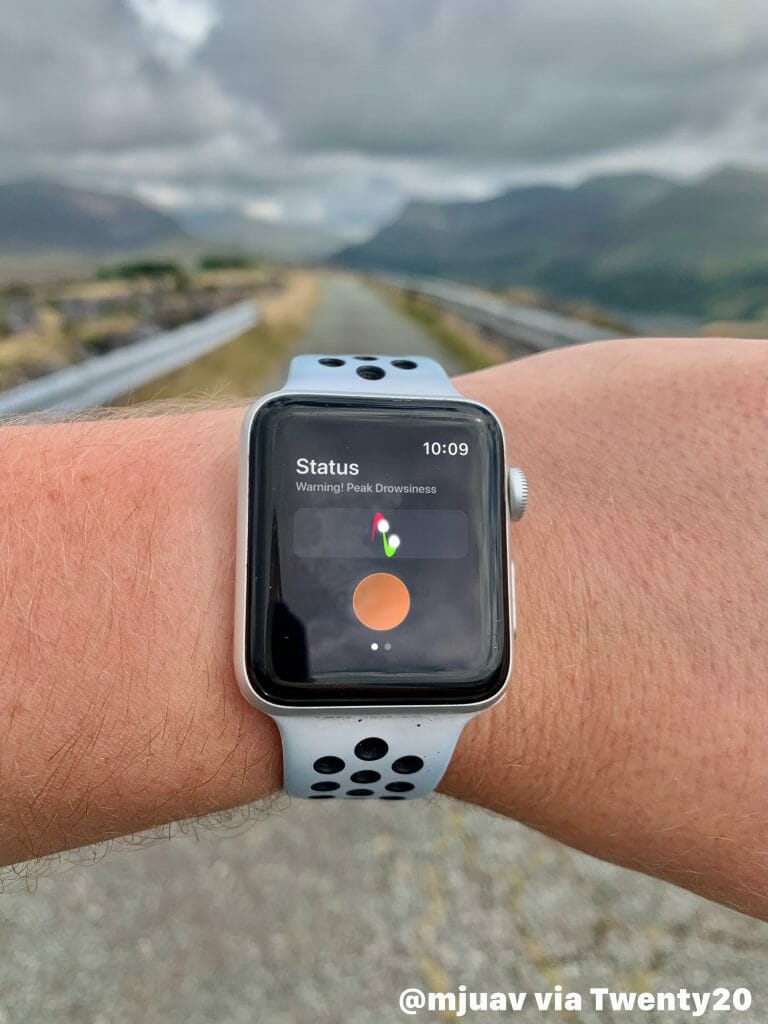No Time For Sleep!?
There’s no getting around it, we need enough good quality sleep!
You’d Better Get Yourself Some
Boost your sleep, boost your productivity…
There are times in our life when we find that we have too much to do and something has to give. Until a few years ago, that something that gave was my sleep!
Play hard, work hard was my mantra, and I certainly did that! So whenever I had a tight deadline or too much to get done, I would just stay up and work late and then wake up early and continue where I left off.
This worked out great for a short while but came back to bite me in a big way later on. And I’m not unique it this respect. According to a number of studies, an increasing amount of us are getting less sleep now than we did 10 years ago.
Nobody knows why this is the case but we do know that the medium to short term effects on our lives personally, and the cost to society as a whole, are too high a price to pay.
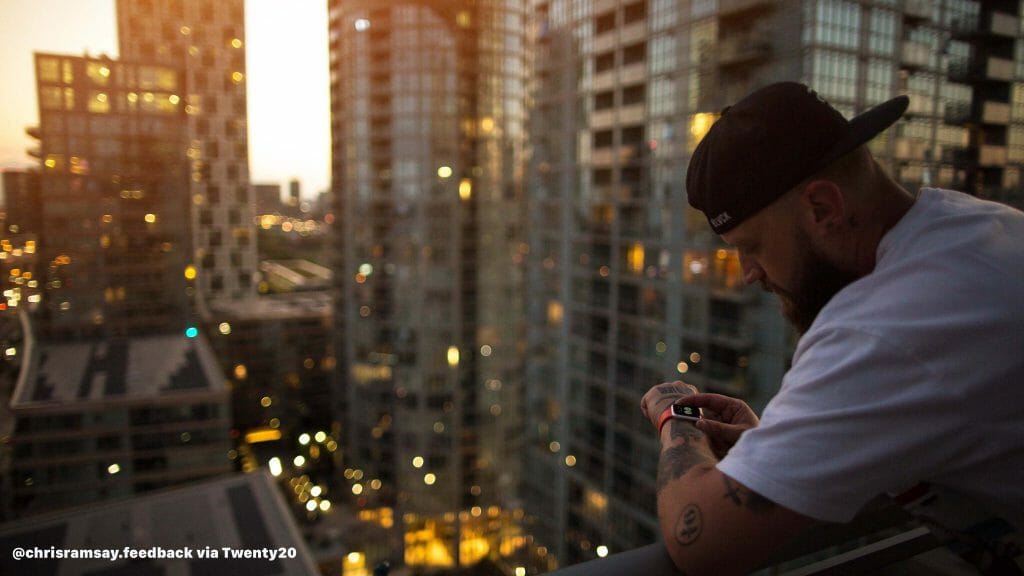
Duration and Quality Decrease
Compared to 2010, the odds of short sleep duration were statistically significantly higher in 2018 despite adjusting for demographic characteristics (25% higher) and occupational characteristics (22% higher). In 2018, the highest levels of short sleep duration were found for the following categories of jobs: protective service and military (50%), healthcare support occupations (45%), transport and material moving (41%), and production occupations (41%).
Khubchandani, J., & Price, J. (2020). Short Sleep Duration in Working American Adults, 2010–2018. /Journal of Community Health,/ /45(2),/ 219-227.
There’s no getting around it, we need enough good quality sleep; but the pressures of life, work and/or studying may all be contributing to us not getting the sleep that we need.
Research has found that there may be a link between stress and a decrease in the amount of hours that we spend sleeping. People suffering from stress often find it difficult to get to sleep, or discover that they often wake up during the night and by the time it gets to the morning, still feel tired.
Then there are those of us who, due to economic reasons, work late or night shifts. This is extremely difficult to do as we have to fighting against our own body clock, which is telling us to go to sleep. Once the night shift is finished, sleeping through the day may help catch up on some of our sleep, but the quality and quantity is often reduced, which often means returning to work not fully rested.
Risking Your Health
Almost a third of working adults in the U.S. get inadequate quantities of sleep. Most likely, those who work long hours, engage in changing shifts, or those in high stress professions that have minimal control over their work and life schedules are at risk of short sleep duration and the subsequent social, physical and mental health consequences of sleep problems.
Khubchandani, J., & Price, J. (2020). Short Sleep Duration in Working American Adults, 2010–2018. /Journal of Community Health,/ /45(2),/ 219-227.
By not getting enough sleep, you are putting your health and well being at risk. I know it’s difficult, and I used to just push through the tiredness to meet my deadlines, and because I did it often I thought I was doing well. It was only when colleagues pointed out that some of my work wasn’t up to my usual standard that I took a step back to see what was going on.
When you are stressed, tired and under pressure, it is easy to miss the tell tale signs that your body is giving you, trying to warn you that you need to stop and take a break.
Continuing to work when you’re not fully rested makes working more difficult and can be dangerous to you and potentially others. Tiredness often makes things worse as it impairs our ability to think clearly and slows down our cognitive abilities.
It’s logical to assume that if we can’t think as clearly as we can when we are fully awake, then our productivity will also suffer when we are tired. Tiredness also increases the likelihood that we will make more errors at work, which can be costly for our business or employer as well as to you.
The cost to your health cannot be overlooked. Just by not getting more than 7 hours of good quality sleep you are more likely to suffer from the following chronic diseases than those who sleep 7 hours or more (per 24 hour period):
- Heart attacks
- Coronary heart disease
- Stroke
- Asthma
- Chronic obstructive pulmonary disease
- Cancer
- Arthritis
- Depression
- Chronic kidney disease
- Diabetes
(source: CDC – Data and Statistics – Sleep and Sleep Disorders)
What You Can Do
The simple answer, get more good quality sleep; but I know from personal experience that it’s not so straight forward. Work, study or life pressures make it difficult for us to do what we know is best for us.
So, what to do?
- Sleep
- Go to sleep and wake up at regular times
- Don’t work past 9pm if you can
- Avoid consuming caffeine past midday (or better yet, give it up)
- Make your bedroom as dark as possible
- Don’t read, watch tv or take gadgets to bed
- Keep your bedroom as quiet as possible
- Make sure you are cool in bed
- Whilst Awake (during the day, usually)
- Take regular nap breaks (but no more than 20 mins max)
- Do more exercise during the day, (use at least two breaks a day for walking outside or stretching – even a 10 minute walk can help improve your sleep at night)
- Keep yourself mentally active throughout the day (keep your mind busy and stimulated)
- Eat healthier foods (fruits, vegetables, non processed meats, eggs, butter, etc) rather than processed foods with lots of sugar and salt added to them
- Know when you are tired (it helps to head to bed when you are actually tired, rather than just because of a schedule. Also knowing when your tired throughout the day can help you time your nap breaks strategically, which in turn helps your focus and productivity – see what we say about this topic in the review)
- Shift workers
- Where possible, explain to your employer the benefits of a well rested employee and ask for more considerate shift planning (for example no back to back shift working – one week late shift, the next week early shift)
- Have regular health checks to make sure that you’re not stressing your body to its limits and risking a chronic illness.
Review
It’s easy to overlook when we are tired and as a result put ourselves at risk from chronic diseases and mental health issues. Our health is primarily our responsibility and as a result, it would be wise for us to prioritise our sleep and exercise before our work (but this is easier said than done).
Which brings me to the issue of knowing when you are tired. We developed V-CAF Stay Awake Stay Alert(an Apple Watch app) to help you know when your tiredness levels are increasing so that you can take the appropriate actions necessary to either wake yourself up, or to take a break. V-CAF also links to your iPhone and iMac or Apple Laptop so that you can be notified when your alertness levels are dropping.
I hope that the points that have been highlighted in this post will be useful to you in your personal and professional life, if so, please comment below.
Thanks 🙂
Afterword
“Sleep is an investment in the energy you need to be effective tomorrow.”
Tom Roth, source: https://everydaypower.com/sleep-quotes/
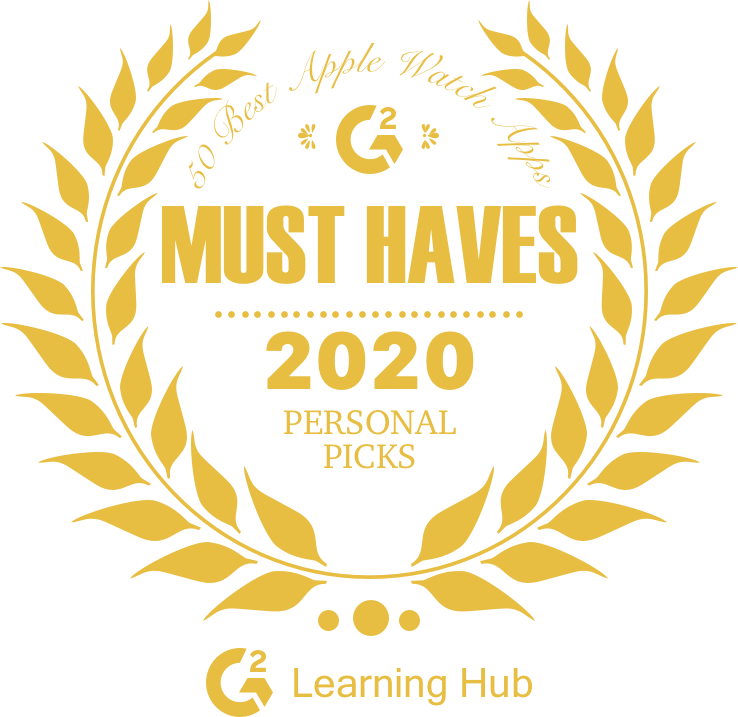
Now available on the App Store, download it now!
